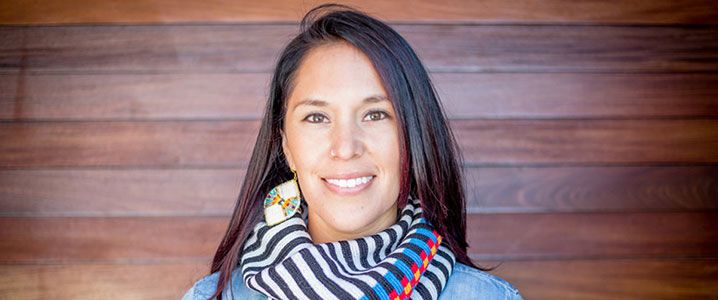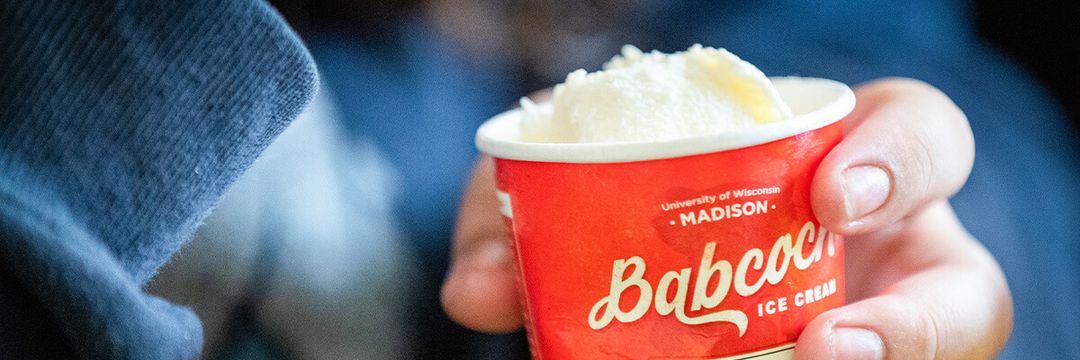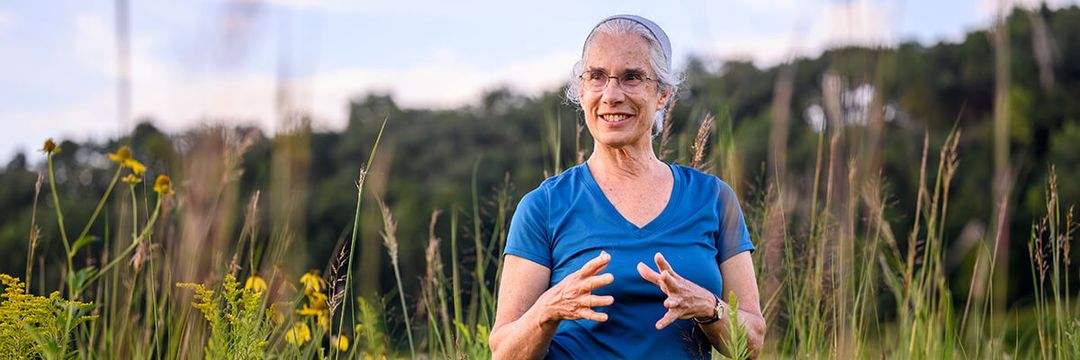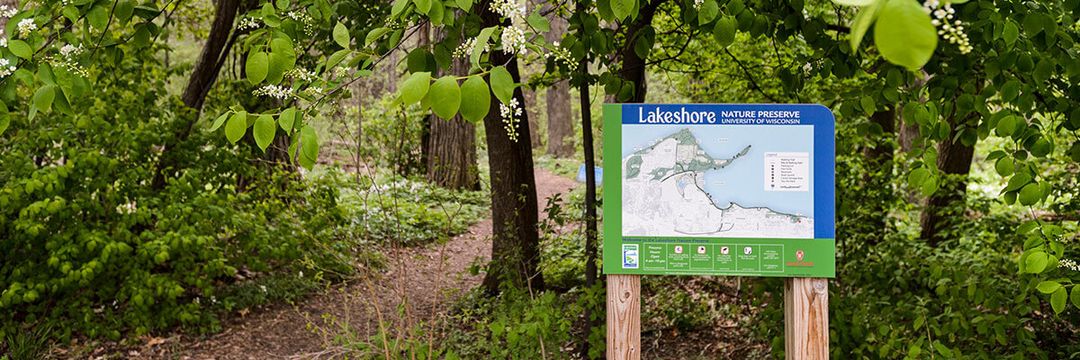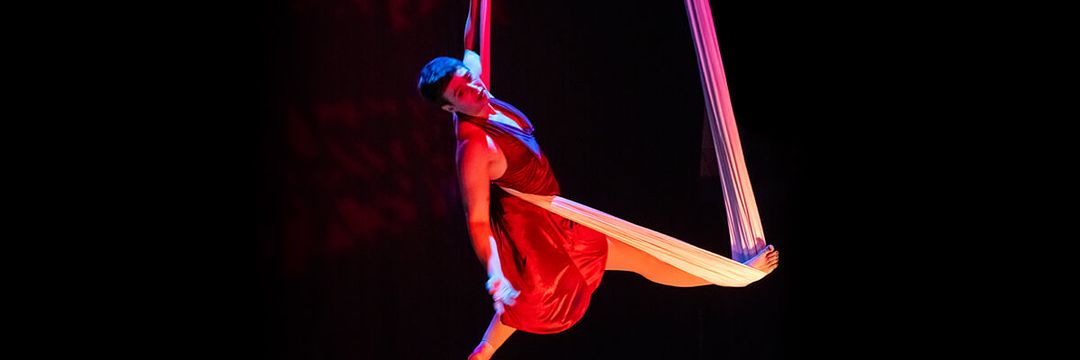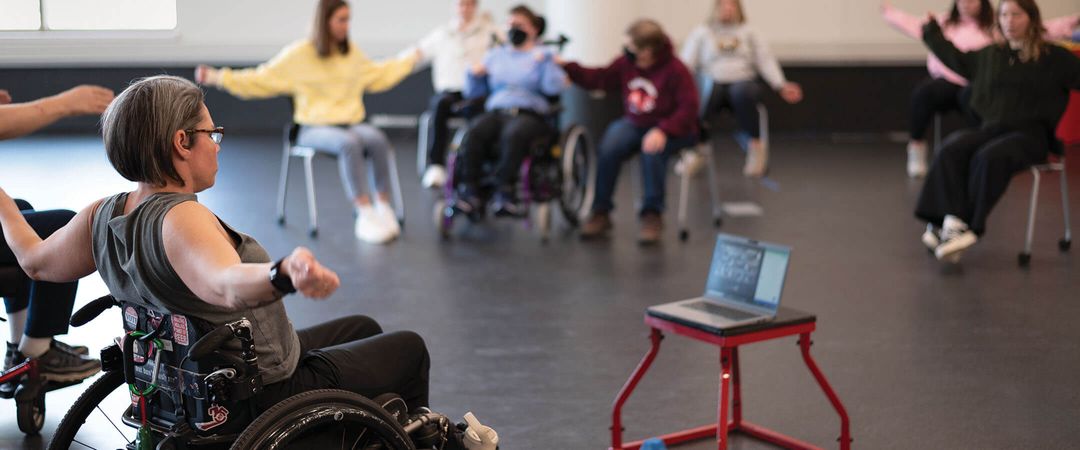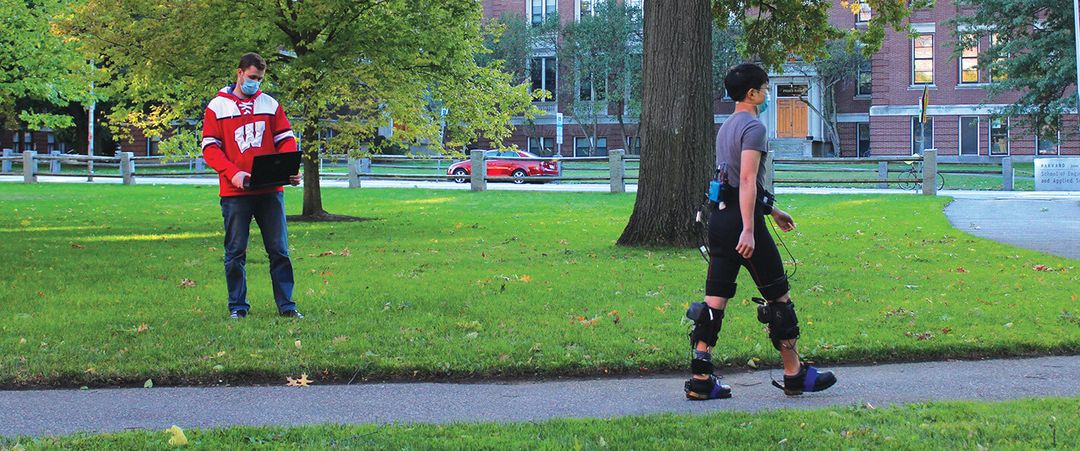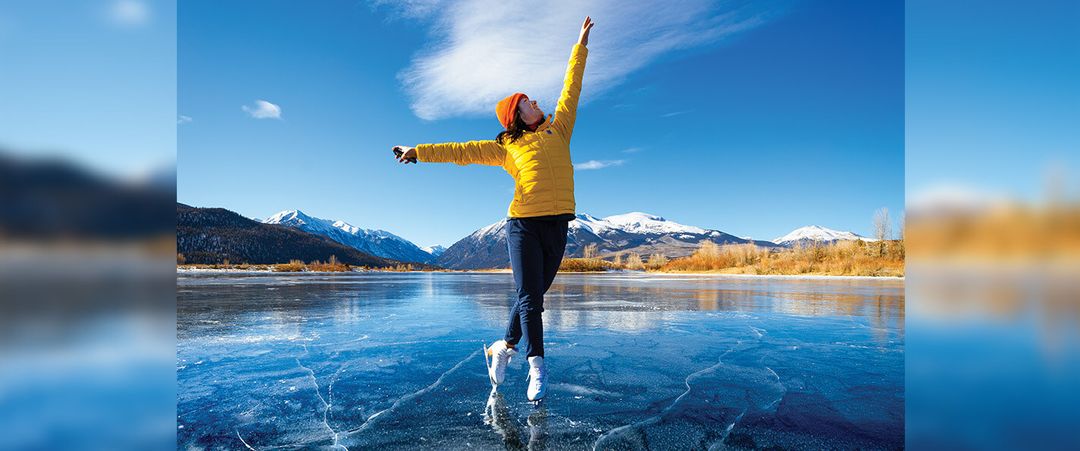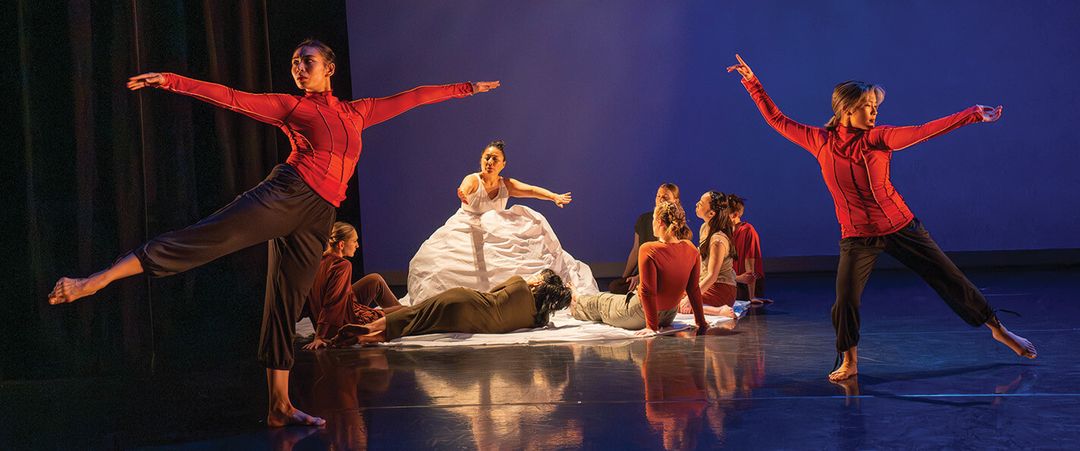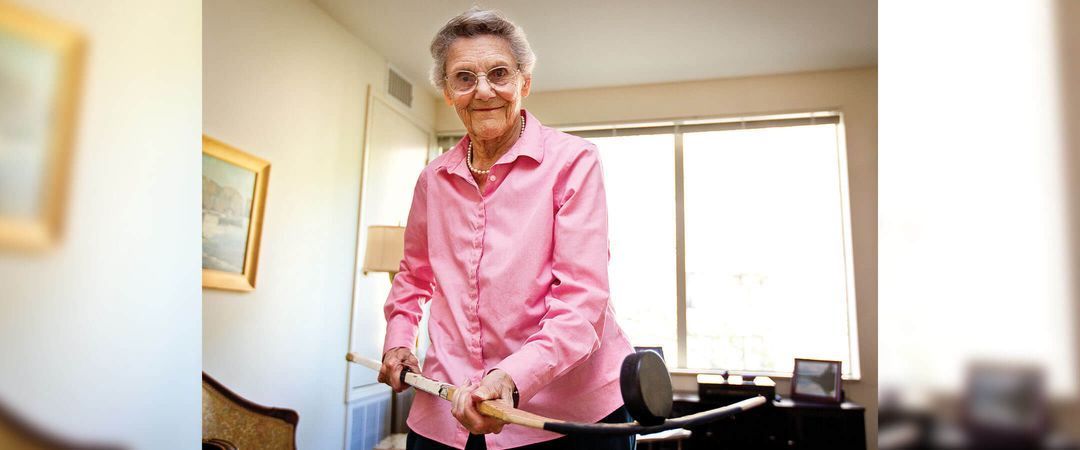Badgering: Sasanehsaeh Pyawasay ’07, MS’09
As the University of Wisconsin System’s first Native American student success coordinator, Sasanehsaeh Pyawasay advocates on behalf of Native students — particularly those from within the 12 tribes resident in Wisconsin — at all of the UW System colleges and universities. Born within the Menominee Nation in northeastern Wisconsin, Pyawasay came to UW–Madison as a Powers-Knapp Scholar and studied sociology and education. She became increasingly interested in the ways that U.S. higher education can lift up Native students, but also how it damages their culture.
What does a Native American student success coordinator do?
I think of myself as a connector. My job is building authentic and genuine relationships with Native nations in Wisconsin — and they’re separate nations. It’s helpful to build those relationships in order to be a resource for, to advocate for, and to create a bridge between Native nations and the UW System. I’m hopeful that these relationships can create a shift in perspective so that institutions allow for students to be able to maintain their connection back home.
What challenges to Native students face?
You have to give up so much to attend institutions like UW–Madison. We have to leave our communities. We have to leave our families. I mean, it’s great that Ojibwa is taught here [at UW–Madison] and that Ho-Chunk is taught here. But Menominee’s not taught here. Oneida’s not taught here. So you’re away from your language. You’re away from your culture.
Was coming to Madison difficult for you?
I’m originally from the Menominee Reservation in Wisconsin — born and raised on the reservation. I wasn’t the first in my family to go to college — my mother finished her degree as an adult, and my sister and brother went to System schools. But they all commuted. I was the first who stayed on campus. My family didn’t have the means to bring me back very regularly. So I relied on finding community here. I’m a member of the Native American sorority on campus, Alpha Pi Omega. And I was working for the Multicultural Student Center full time. And then I ended up working for PEOPLE [the Precollege Enrichment Opportunity Program for Learning Excellence] for a while. I couldn’t have done this without a community behind me, whether my home community, my family, or the communities I’ve built.
You’ve talked a lot about your name — and why your UW classmates might not recognize it. Why is being called Sasanehsaeh important to you?
Sasanehsaeh means “little Suzy” in Menominee. For the bulk of my life, I was Suzy, even though Sasanehsaehis my legal name. Every time it came up on a public record, people would ask if that was my name, and I’d say Suzy is easier; just call me Suzy. It wasn’t until I was doing my dissertation and studying 19th- and 20th-century citizenship and education policies in the United States that I really thought about it. I was in a coffee shop one night, and I thought about my ancestors, and it just hit me: I’m what the American government wanted to happen, right? I’m navigating the educational institution that they used for social control. I’m getting the highest degree you could get. I’m their success story. I’m a product of what they wanted to happen. And I thought, I need to reclaim my name.
And does that inform your work today?
It was one of the shifting points in my career and who I am as a Native woman doing this work. It became very, very personal. I talk about my name wherever I go. Reclaiming my name was huge for me, and I try to communicate that to others. I was talking at UW–Parkside the other day, and a colleague came up to me and said, “You made a big impression on my daughter, because she has a different-sounding name, too.” It’s humbling to have somebody want to know my story.
